With a new director ready to be hired, enviro groups hope to see “hook and bullet” agency evolve toward conservation
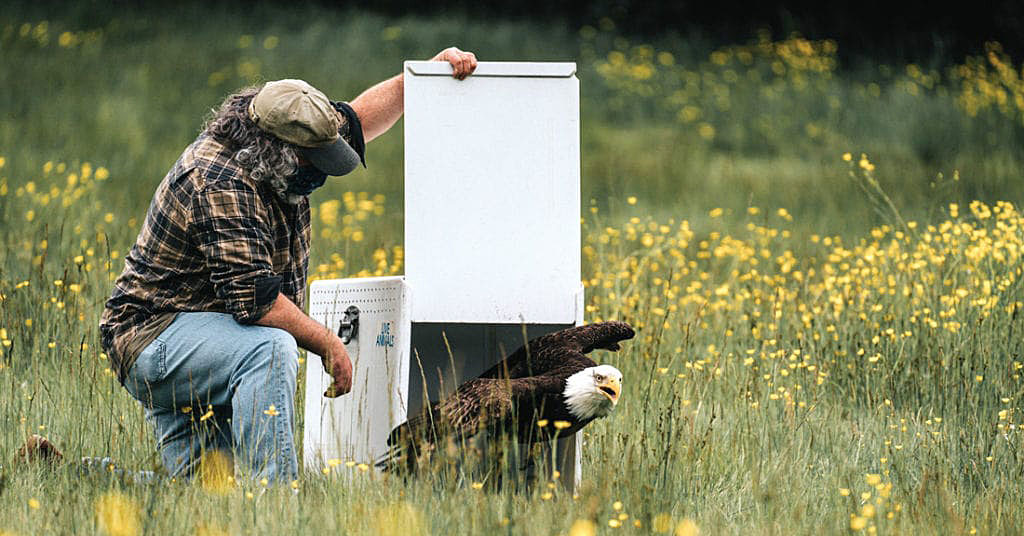
New beginning: Bob Sallinger of the Bird Alliance of Oregon releases an eagle into the wild. Sallinger is one of a group of conservationists hoping for changes within the Oregon Department of Fish and Wildlife. Photo: Ashlie Rene-Gonzales/Bird Alliance of Oregon
By Kendra Chamberlain. May 8, 2024. It’s a pivotal moment for Oregon’s Department of Fish and Wildlife.
The department’s director of 10 years, Curt Melcher, retired in April, and the Fish and Wildlife Commission is down to the wire picking a replacement.
Conservationists like Bob Sallinger are hoping the new hire will steer the department toward a more holistic approach to managing the state’s biodiversity. Sallinger is executive director of Bird Conservation Oregon and urban conservation director with Willamette Riverkeeper.
Talk of reform at the agency has gained steam in recent years.
Both hunting communities and environmental groups agree that the state’s wildlife are facing increasing pressures from climate change, drought, wildfire risk and water contamination.
The Fish and Wildlife Commission has narrowed the field of applicants to two finalists: Debbie Colbert, currently ODFW deputy director of Fish and Wildlife Programs; and Kaitlin Lovell, a former attorney for Trout Unlimited currently with the Portland Bureau of Environmental Services. [UPDATE: On May 10, 2024, the Oregon Fish and Wildlife Commission voted unanimously to select Dr. Debbie Colbert as the new ODFW Director.]
Environmental groups in the Pacific Northwest are increasingly interested in reforming how state wildlife managers steward land, at times coming in conflict with hunters and anglers.
Broad changes in policy, especially surrounding wildlife, can become freighted with tension.
Recent efforts by Washington’s Fish and Wildlife Commission to reform the state’s wildlife management policies became so contentious the efforts were put on hold indefinitely.
In ODFW’s case, reform “may be too much of a loaded term,” Sallinger told Columbia Insight.
He said the agency has already done a lot of the groundwork for tackling the biodiversity and climate crises.
“The basic building blocks are there. And I think the mission is there, I think the plans are there,” said Sallinger. “The question is whether the agency commitment is there and the funding is there.”
Broadening the base
Funding has remained a perennial problem for ODFW.
The department relies heavily on revenue generated from hunting and angling, while many conservation and stewardship priorities are consistently underfunded.
Former director Curt Melcher inherited a $32 million budget shortfall when he took the reins of the department in 2014, according to the Statesman Journal.
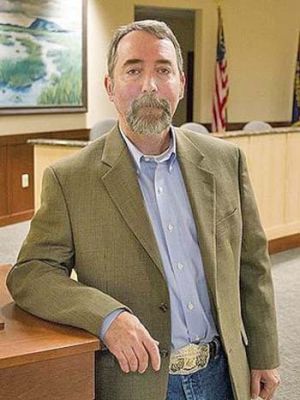
Out and About: Retired ODFW Director Curt Melcher. Photo: ODFW/Curt Melcher
But he was able to stabilize the agency’s finances—for the near term, at least—as well as expand funding for some conservation initiatives such as in-stream water rights and habitat connectivity.
Sallinger believes more needs to be done, and sooner rather than later.
“We have a biodiversity crisis. We have a climate crisis. And ODFW in the next couple of years—not right now, but in the next few years—is going to have a budget crisis as well. And all of those things speak to a need to broaden the mission and broaden the base [of the department].”
That last point—broadening the base of the department—is a tall order.
In order to take on more stewardship programs, it’s going to need to find new revenue streams, Sallinger said.
He pointed to a 2023 legislative proposal for a hotel tax that could go toward ODFW. The initiative had support from both hunting groups and environmental groups, but ultimately failed to pass the state’s legislature.
“I think it’s a really great idea. A lot of people come to Oregon to see its wildlife,” he said.
But any proposal to raise more funds for ODFW will need widespread public support.
“The legislature is not going to take action without public support. And so you’re going to have to build a base for that,” he said.
It’s not just about getting the hunters and conservationists to work together, either. In the face of drought, climate change and increased wildfire risk, that’s happening already.
There’s also a need to bring in more interest and support for conservation from urban and suburban populations of the state.
“The degraded river habitat in Portland undermines all the work in the Willamette River system that goes on upstream for salmon, for example,” said Sallinger. “So I think really engaging a broader population not just to increase the funding base but to create a sense of stewardship and shared responsibility [is important].
“The challenge for ODFW as it hires a new leader is going to be to really bring these different constituencies together—whether it’s traditional constituencies hunting and angling, tribes, conservation groups, bridging the urban and rural divide—all of those things are going to be essential if we’re really going to step into these challenges.”
The Commission is hoping to make its decision on May 10.



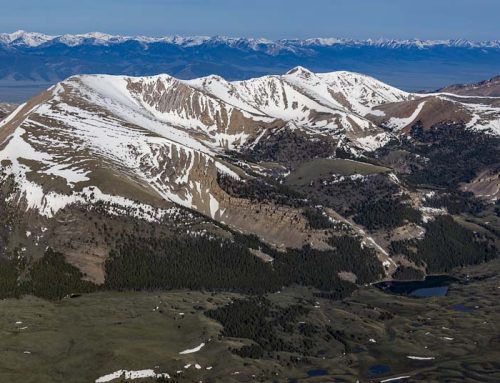
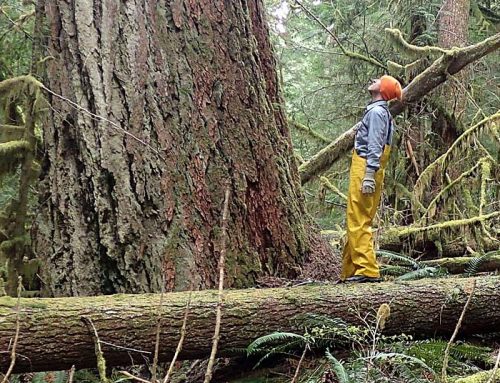
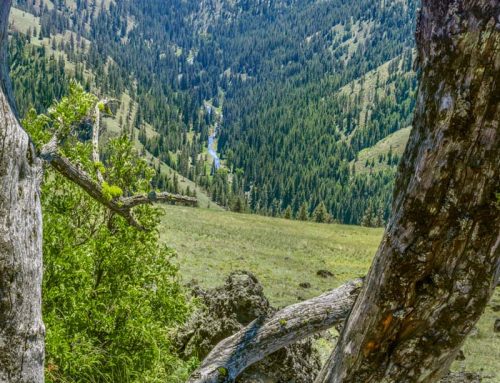

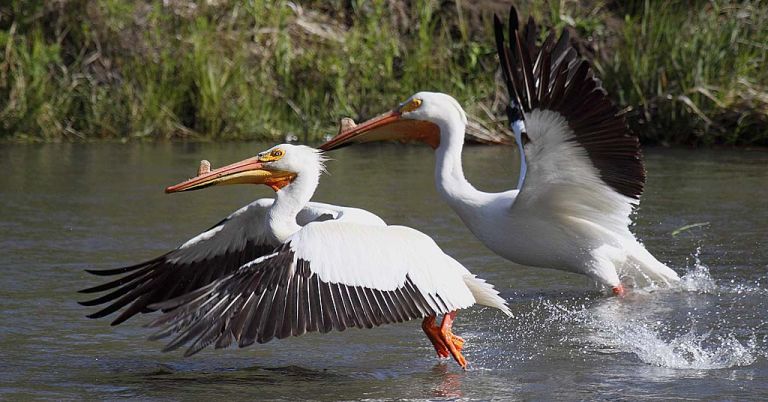
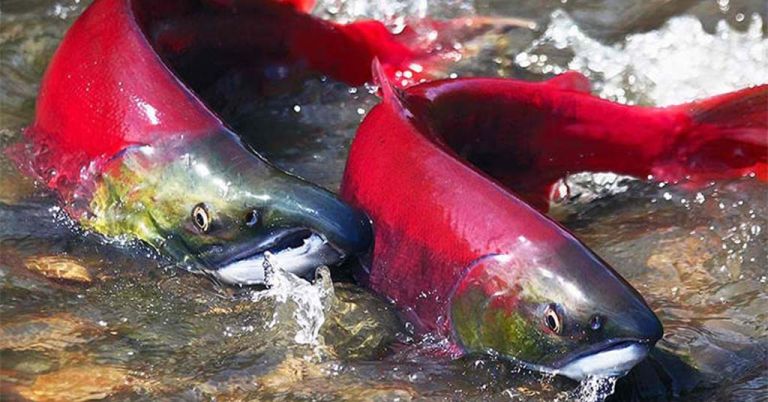
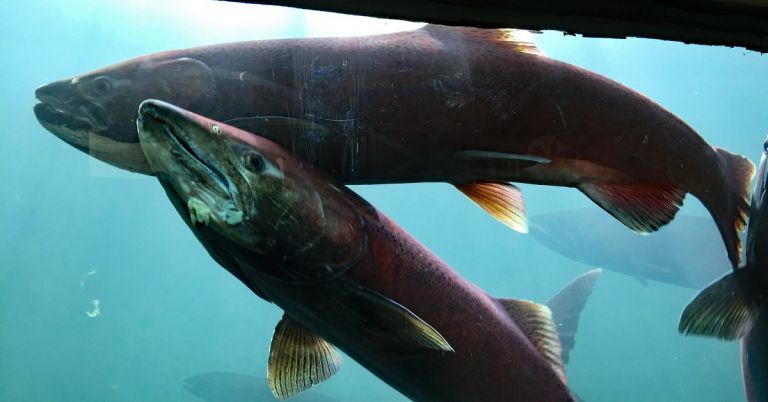


Nongame conservation and outdoor recreation activists should be willing to pay fees for implementing more nongame opportunities. A State recreation pass could include an add-on fee for non-game conservation and recreation. Likewise the USFS and BLM could impose a similar add-on fee to a recreation pass with the fee designated for nongame uses. Many recreationists feel unserved by the lack of hunt-free campsites during the fall hunting season. The fee would be directed at habitat conservation, including the designation of more strictly conservation (non hunting and fishing) habitat, and the identification of some non-hunt periods during the traditional hunting season.